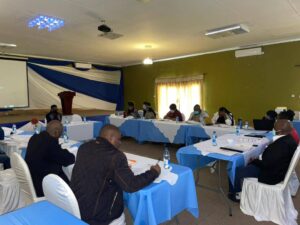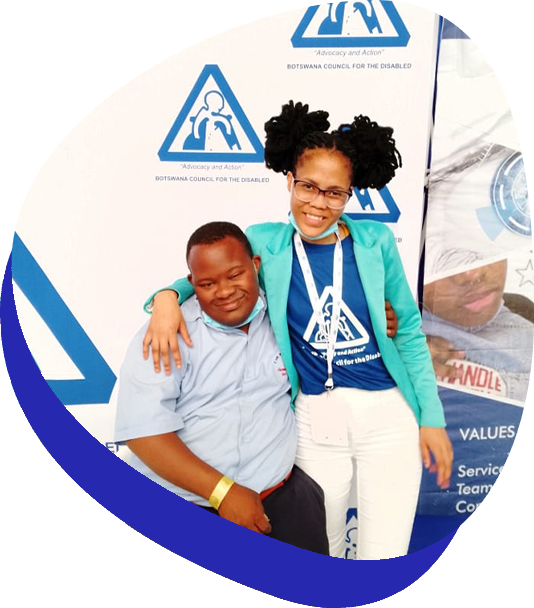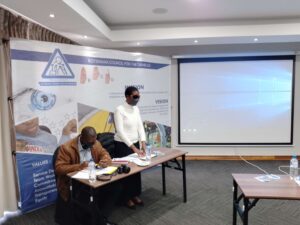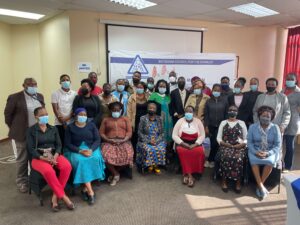
BCD LEADERS MONITORING AND EVALUATION WORKSHOP 25th -26th August, 2022
VENUE: Saharastone Hotel, Palapye 1.0 WELCOME REMARKS In his welcome remarks the Executive Director; Mr. Moffat Louis explained that Botswana


Botswana Council for the Disabled (BCD) was established in 1980 as not for profit non-governmental organization (NGO). This body came into being as a result of studies commissioned by government of Botswana; following the National Development plan 1973-1978 declaration which declared insufficient attention paid to people with disability in Botswana.

VENUE: Saharastone Hotel, Palapye 1.0 WELCOME REMARKS In his welcome remarks the Executive Director; Mr. Moffat Louis explained that Botswana

SPECIAL EDUCATION FOUNDATIONS AND TRANSITIONING TO COMMUNITY LIFE ‘A value-add project to meant to re-configure community services for young people

DISABILITY PROJECT: INREASING ACCESS TO HIV/AIDS, NCD’s, COVID 19 AND HUMAN RIGHTS SERVICES TO PEOPLE WITH DISABILITIES The Botswana Council















Good day, we currently do not offer a volunteer program, but our fellow member organizations do, and if you may kindly send us your profile and CV, we will gladly forward it through to the organization that is suited to you or close to the area in which you are situated.
Good day, unfortunately there are no jobs currently available at our organization. Should there be any posts we will publicly advertise. Thanks for showing interest in joining us.
Good day, unfortunately we do not offer any internships, but if you could kindly contact the Ministry of Youth Empowerment, Sport and Culture Development, they will gladly assist you in regards to allocations of internships.
Assessment is done jointly by the local social workers and health officers. According to the guidelines the health workers assess the client’s level of independence (functional abilities) and the social worker mainly looks into the social and economic status. Those who are classified to have severe and profound disability will be jointly recommended for the disability grant. Those who may not qualify for the grant but somehow considered to be need will be assisted through other safety nets programmes such as destitution, need students, orphan care and poverty eradication.